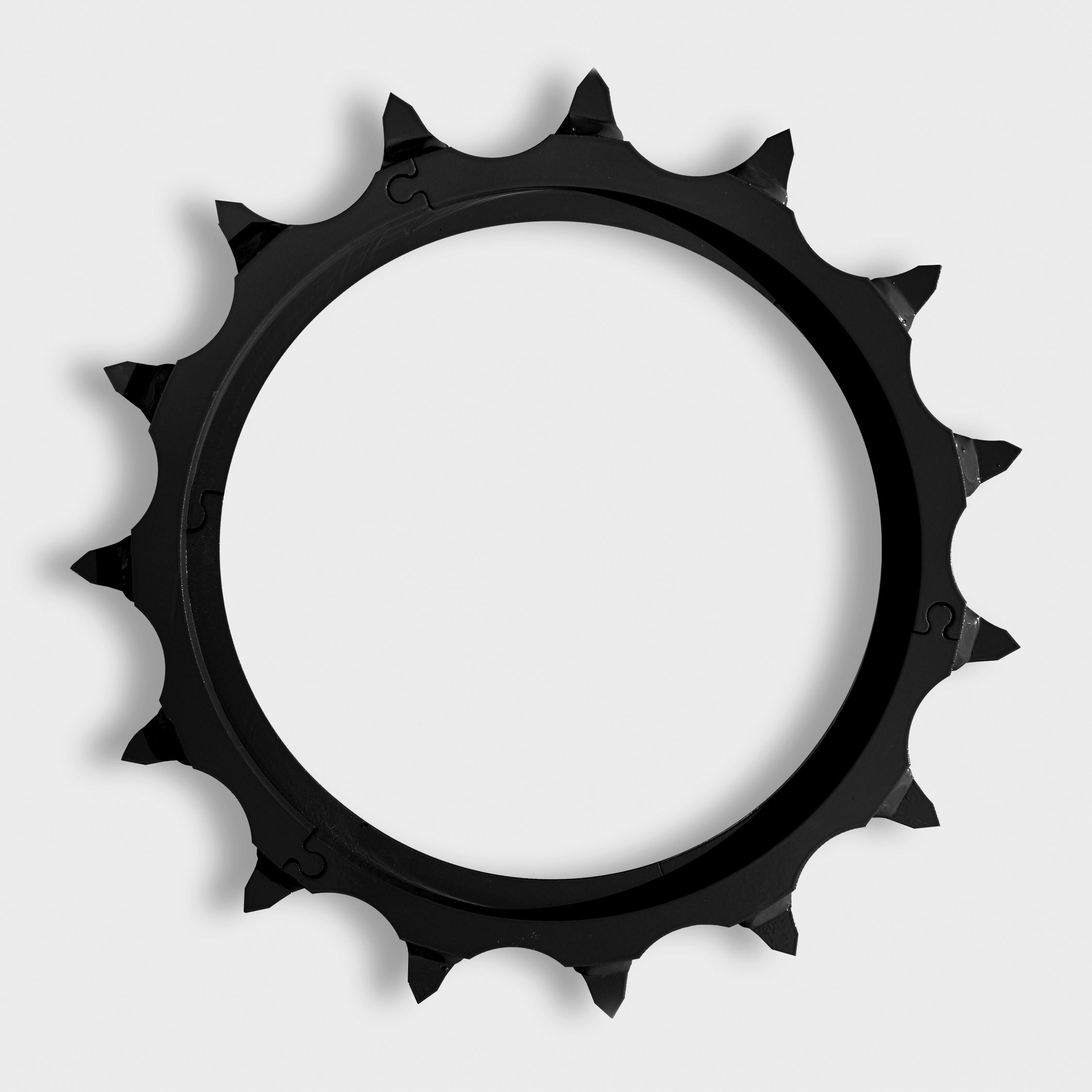Costly Crop Cultivation Mistakes Farmers Must Avoid
Successful crop cultivation is a delicate balance of various factors. Each step impacts crop yield and farmer profitability from soil preparation to harvesting. However, amidst the complexity of farming, inevitable mistakes can prove to be financial losses for farmers. In this blog, we’ll explore some of the most costly mistakes farmers must avoid to ensure a bountiful harvest and a healthy bottom line.
Ignoring Soil Health
Healthy soil is the foundation of successful crop cultivation. Neglecting soil testing and analysis can lead to inadequate nutrient management, reduced yields, and increased input costs. By investing time and resources into understanding soil composition and fertility, farmers can optimize nutrient uptake and promote robust crop growth, ultimately maximizing profitability.
Poor Seed Selection
Selecting the right seed variety tailored to your soil type, climate, and intended market. Neglecting to do so may result in below-par performance and reduced profitability. Conducting thorough research and consulting with agricultural experts can help farmers identify the most suitable seed varieties for their specific growing conditions, ensuring optimal yield potential and market competitiveness.
Inadequate Weed Management
Weeds vie with crops for nutrients, sunlight, and water, substantially diminishing yield. Neglecting proper weed control measures can result in reduced crop quality and increased labor costs. Implementing integrated weed management strategies, such as crop rotation, mulching, and targeted herbicide application, can effectively suppress weed populations and minimize yield losses, thereby improving farm profitability.
Over or Under Irrigation
Water management is paramount in crop cultivation. Excessive watering can result in water saturation and the leaching of essential nutrients, whereas insufficient watering may hinder crop development and decrease yields. Sophisticated irrigation techniques, which employ soil moisture sensors, enable farmers to monitor moisture levels accurately. UUtilizing drip irrigation systems help efficiently deliver water to crops, mitigating the potential for water-induced crop stress.
Improper Pest and Disease Control
If pests and diseases are not adequately addressed, they considerably threaten crop health and productivity. Implementing integrated pest management strategies and timely disease control measures is essential to safeguarding crop health and yield. By monitoring pest populations, employing biological controls, and rotating chemical treatments, farmers can effectively manage pest and disease pressure while minimizing environmental impact and ensuring long-term crop viability.
Suboptimal Planting Practices
Planting depth, spacing, and timing significantly influence crop establishment and subsequent growth. Advanced equipment like Farm Shop MFG’s germinator planter closing wheels can ensure precise planting and optimal seed-to-soil contact. By adopting best practices in planting, such as proper seedbed preparation and uniform seed placement, farmers can promote consistent germination and emergence, maximizing stand establishment and yield potential across their fields.
Inefficient Fertilizer Application
Applying fertilizers without considering soil nutrient levels and crop requirements can lead to nutrient imbalances, environmental pollution, and decreased profitability. Utilizing precision application technologies can enhance nutrient efficiency and minimize waste. By adopting site-specific nutrient management strategies, such as variable rate application and soil testing, farmers can optimize fertilizer use efficiency, reduce input costs, and minimize environmental impact, ultimately improving farm profitability and sustainability.
Lack of Crop Rotation
Monocropping can deplete soil nutrients, increase pest pressure, and promote weed resistance. Crop rotation strategies can improve soil fertility, break pest cycles, and enhance overall crop resilience. By diversifying crop rotations and incorporating cover crops, farmers can replenish soil nutrients, suppress weed growth, and disrupt pest life cycles, ultimately improving yield stability and farm profitability.
By avoiding these mistakes and integrating optimal techniques in crop cultivation, farmers can maximize their yields and improve the quality of their crops. Farm Shop MFG offers a range of innovative farming equipment designed to enhance efficiency and productivity. Our furrow closers for wheels are one tool that provides optimal seed-to-soil contact, reducing the risk of sidewall compaction and promoting healthy crop establishment.


